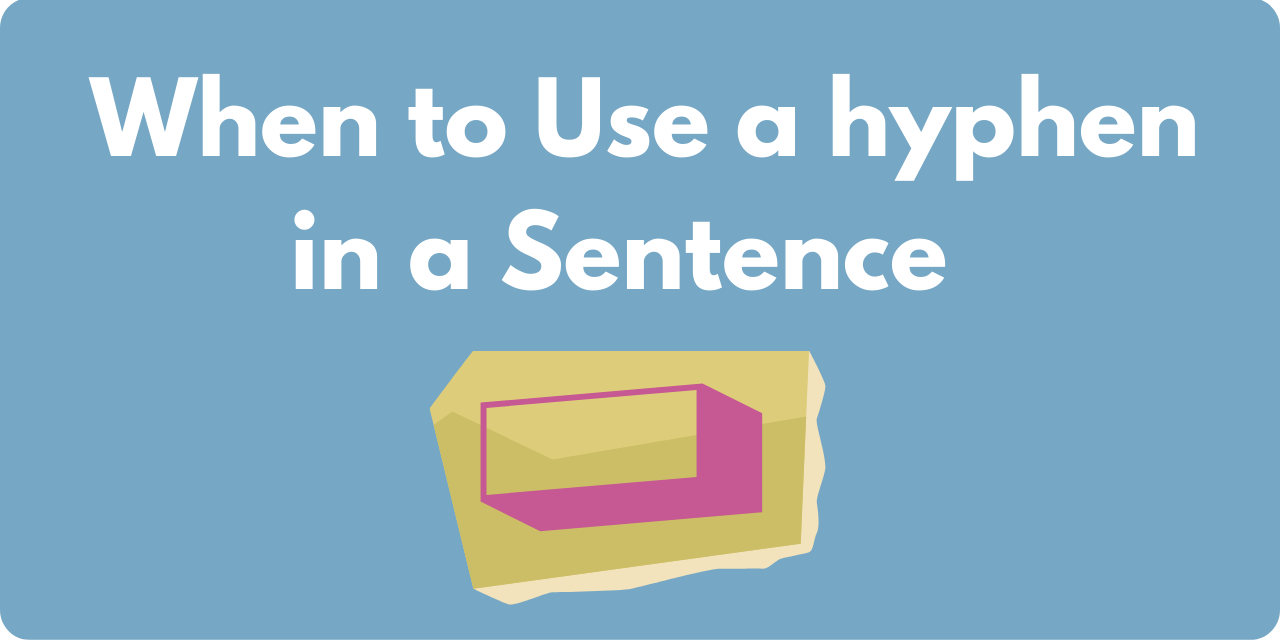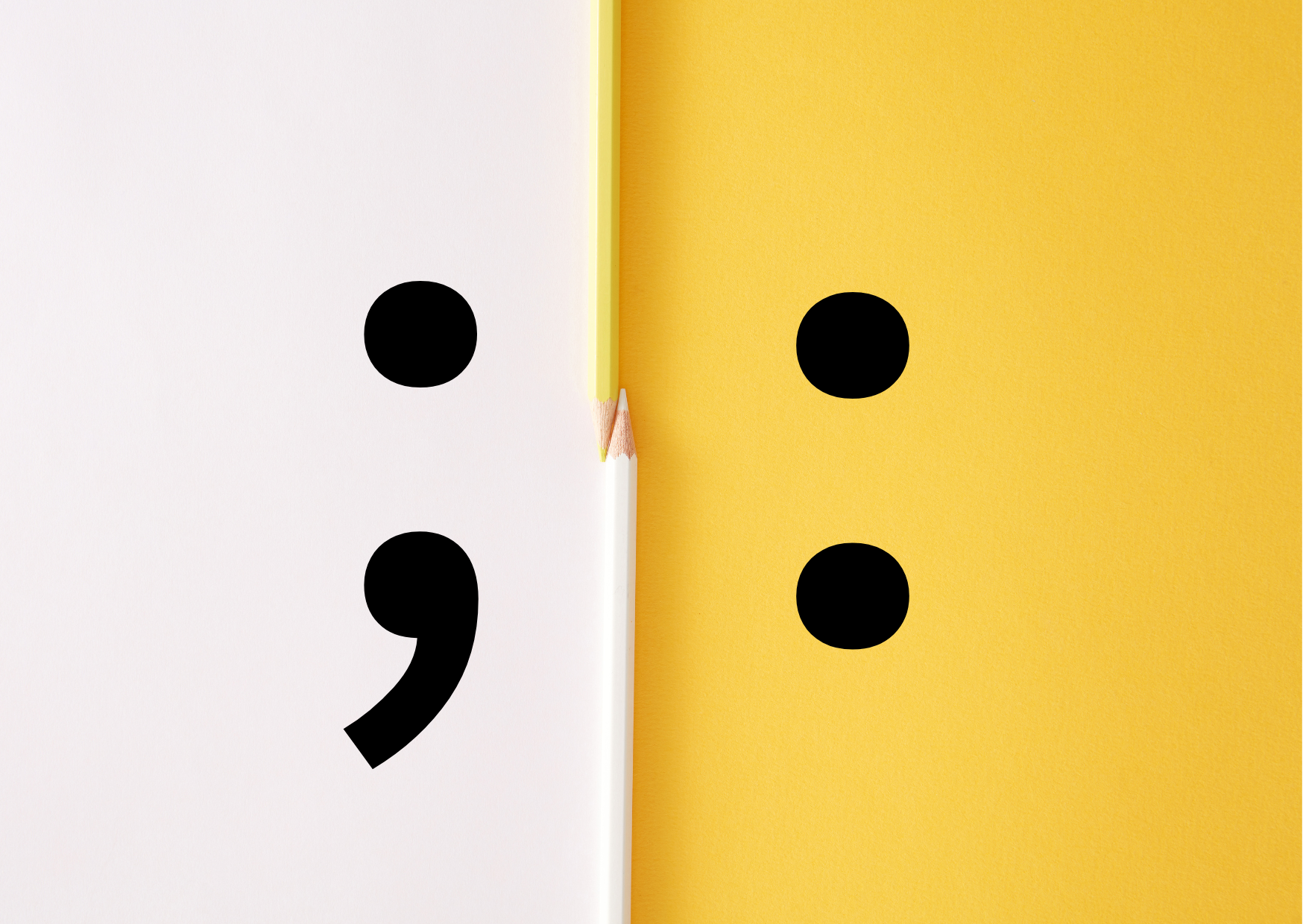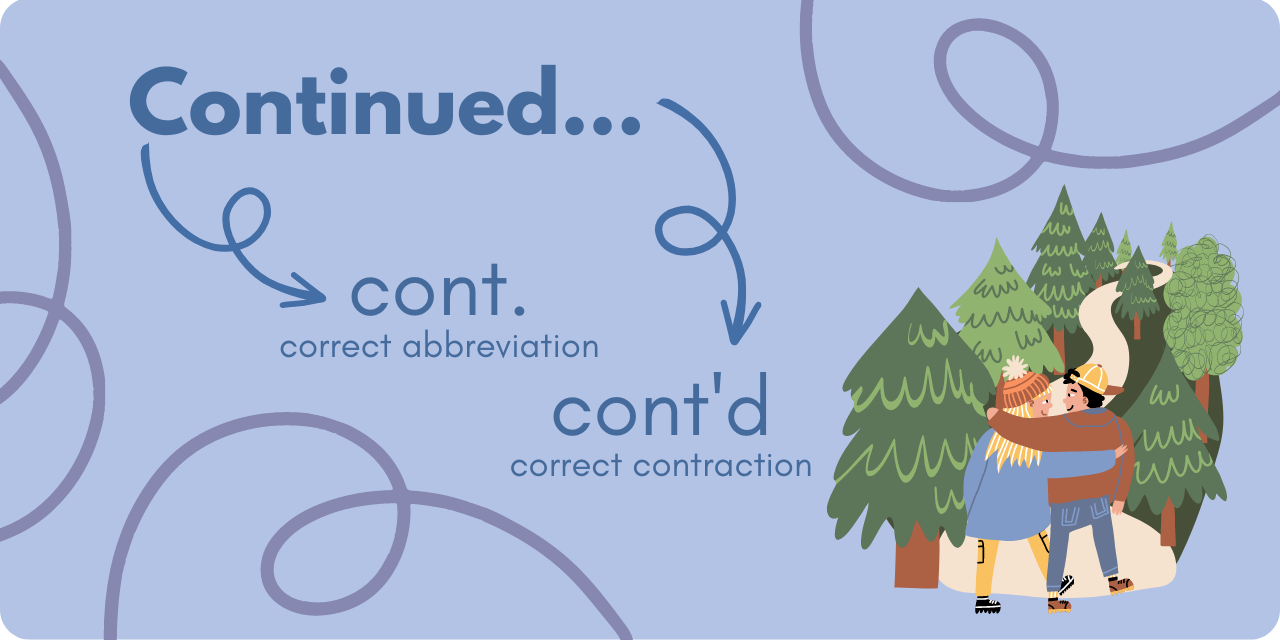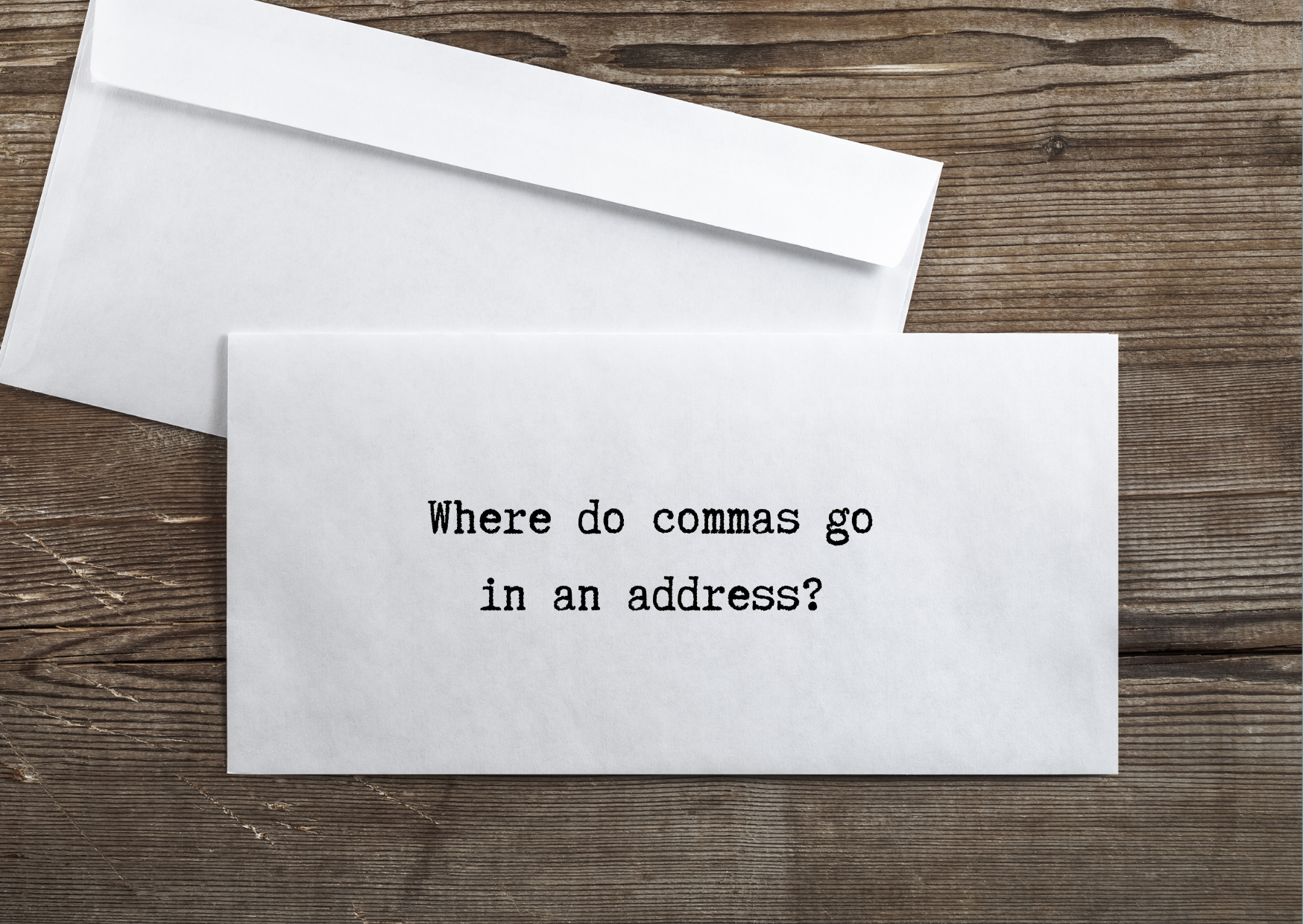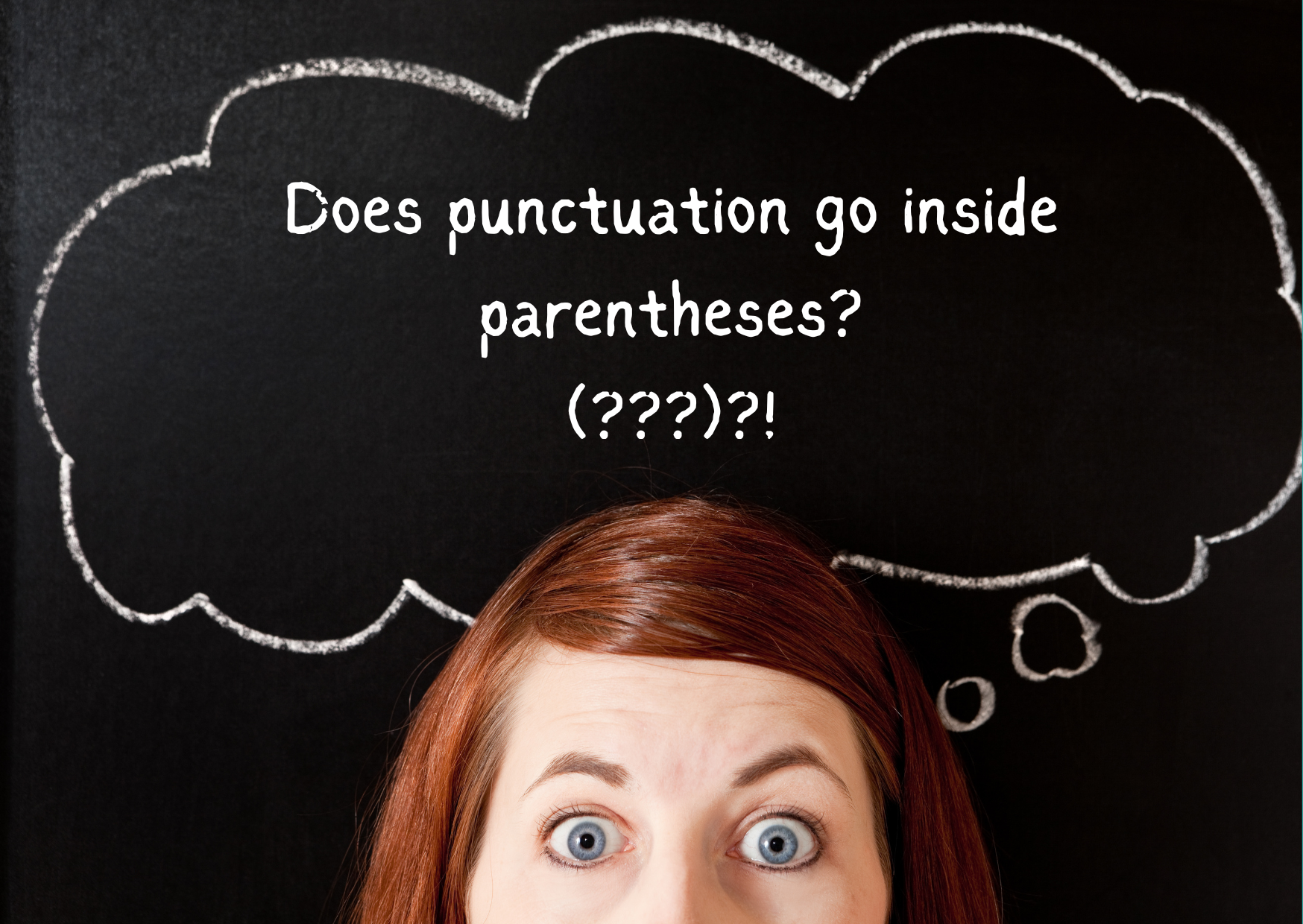Today I received a sales message by email that included this sentence in the opening paragraph:
I am contacting you today to see if you might have an interest in marketing your product in China?
That is a statement. Why does it end with a question mark?
A statement should end with a period (full stop)–not a question mark. These examples are all correct:
- Rochelle asked whether you have considered taking a business writing class.
- I wonder whether Cecilia will be able to meet the visitors from Ottawa.
- The only question she asked was when the registration fee would be due.
- Why he estimated the proposal preparation fees at $12,000 is a mystery.
- The important question is not when to retire–it's how to afford it.
If you want to use a question mark, write a question:
- Rochelle asked, "Has Jen considered taking a business writing class?"
- I wonder: Will Cecilia will be able to meet the visitors from Ottawa?
- The only question she asked was this: When will the registration fee be due?
- Why did he estimate the proposal preparation fees at $12,000? It is a mystery.
- The important question is not when to retire. It's, How can we afford it?
In spoken communication, you may choose to raise your pitch at the end of a statement to indicate the questioning aspect of it. For example, if the sales message I quoted above had come by phone, the person might have said it this way, with a higher pitch at the end:
I am contacting you today to see if you might have an interest in marketing your product in China?
As I was checking the rules in The Gregg Reference Manual, I noted Gregg's helpful comment: "When the verb precedes the subject (shall we, can we), the question is direct [and requires a question mark]. When the verb follows the subject (we shall, we can), the question is indirect [and requires a period]."
I am wondering whether you found this blog post helpful. (No question mark.) Did you?
Lynn
Syntax Training

